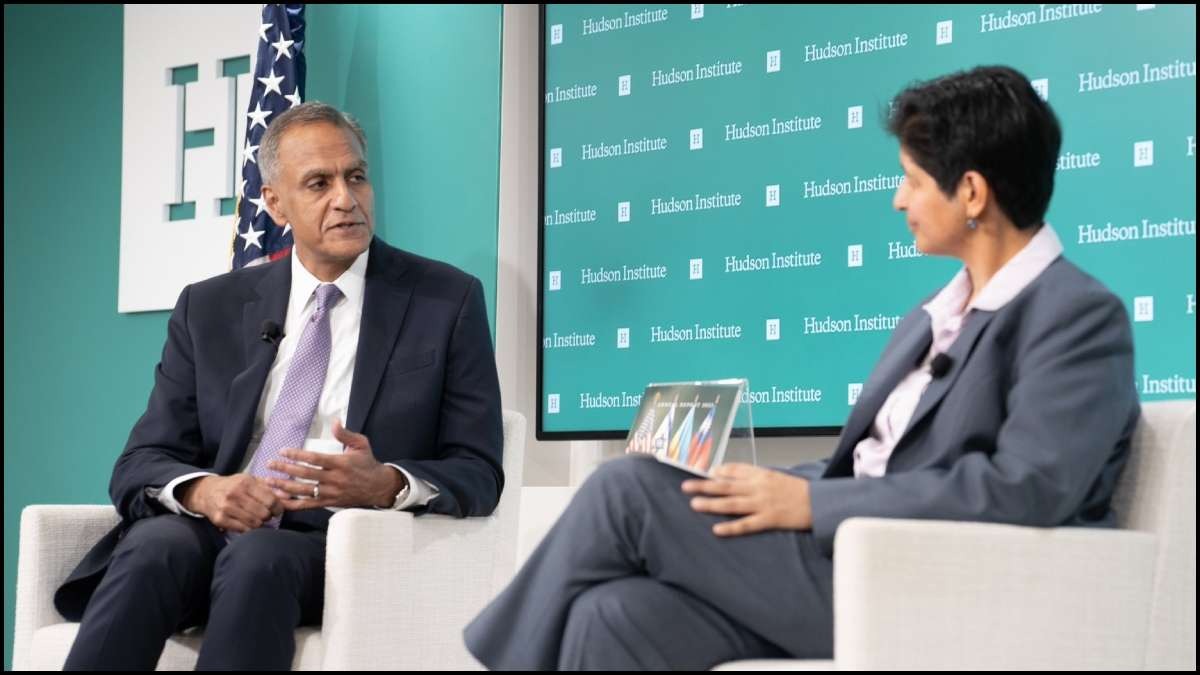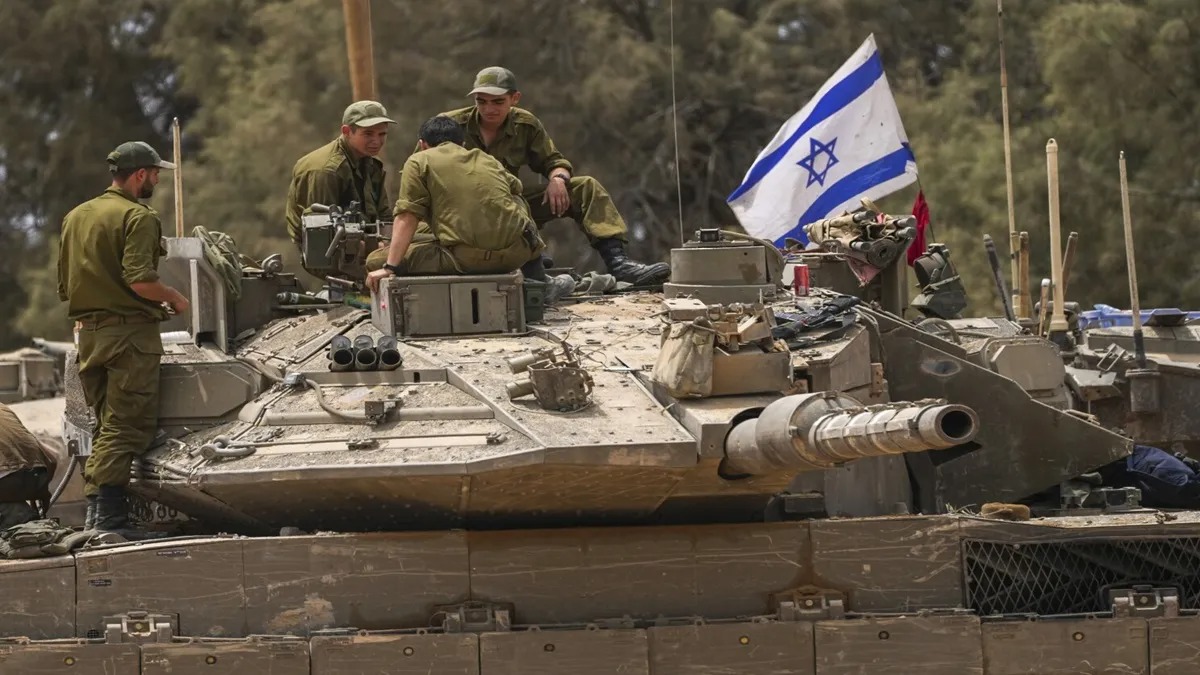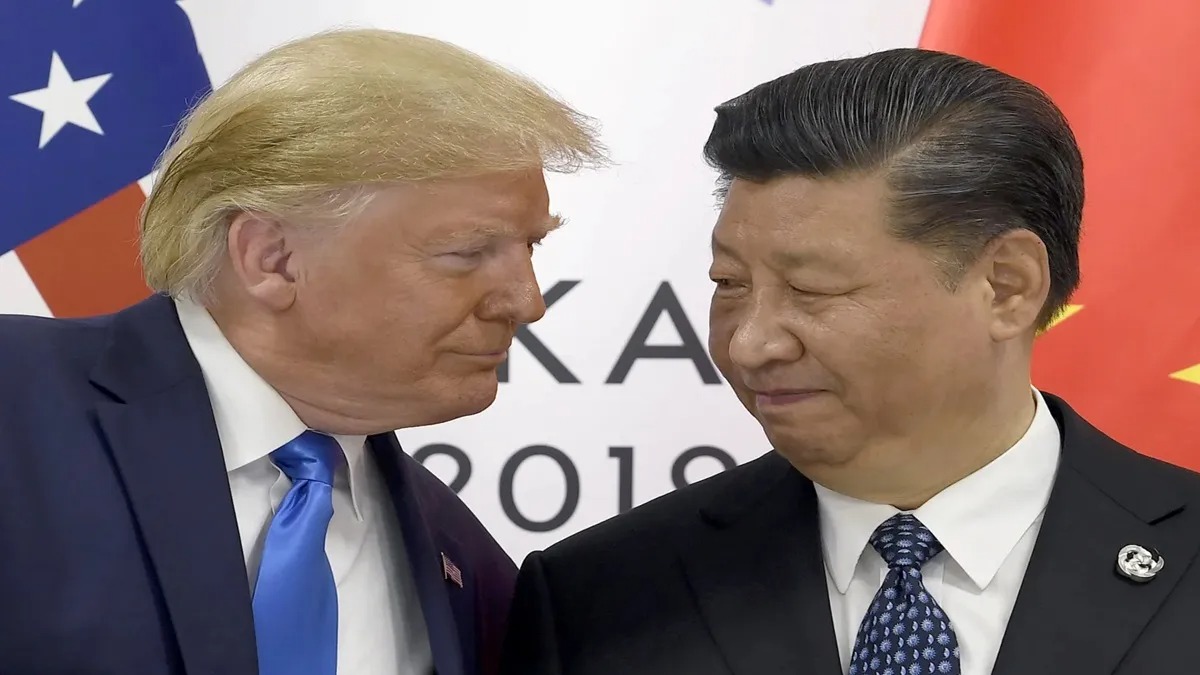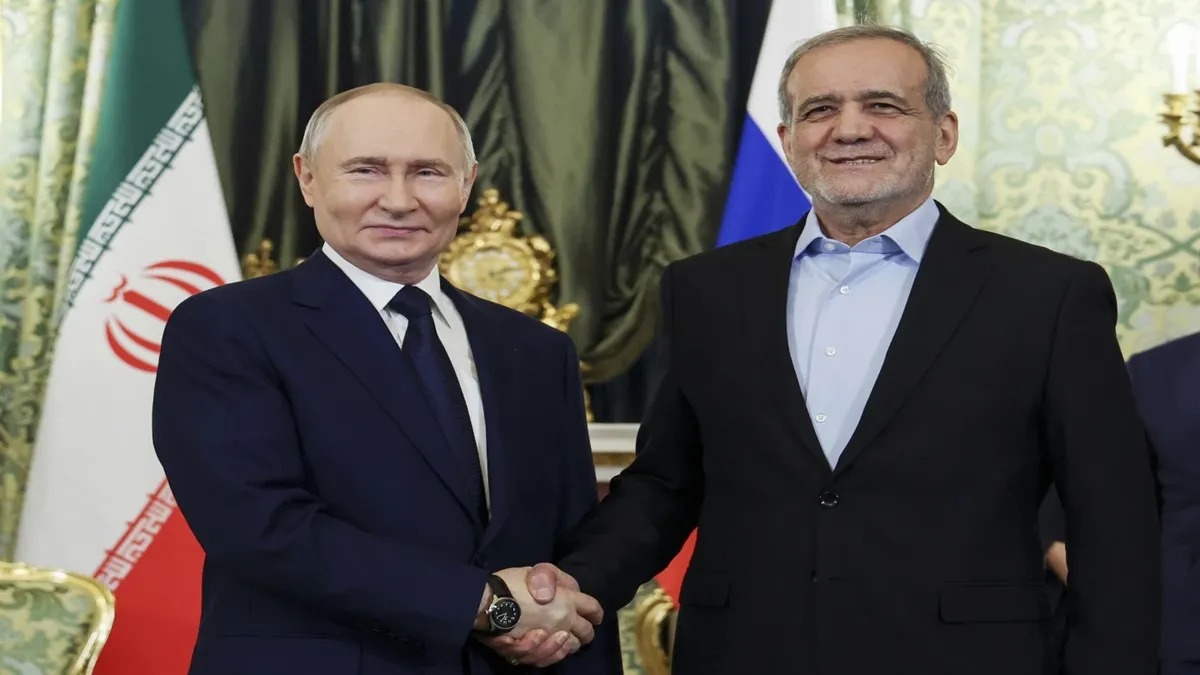
International: Richard Verma, the US Deputy Secretary of State for Management and Resources, asserted that China and Russia were concerned about the growing India-US relationship because the latter promotes inclusivity, peace and the peaceful resolution of disputes. His remarks on the India-US relationship came during an address at the prestigious Hudson Institute, in response to a question.
"Frankly, why do you think China and Russia are so concerned about this partnership? Because we bring a way of life to the rest of the world, that is about inclusivity, about peace, about the peaceful resolution of disputes, about the rule of law, and it's about hearing everyone's voice in a society," Verma said. The US diplomat also asserted that the relationship between India and US is "a very different mode" than how some of the adversaries of the latter operate.
Verma further said the uniqueness of India-US relations is why President Joe Biden has described it as the "defining relationship of this century". He recalled that nearly 20 years ago, when he stood with then-Senator Biden and staff director Tony Blinken in the Senate, Biden had remarked that if the US and India were the closest friends and partners by 2020, the world would be a safer place.
India-US partnership has 'bright future'
The US diplomat said the bilateral relations between New Delhi and Washington have entered an era of convergence with solid foundations and a bright path ahead. He also maintained that like any other country, the US and India do not agree on everything. "So long as we are not complacent and do not take the recent gains of the past quarter century for granted, then I do believe our years ahead can be even better, even stronger, and even more impactful," he said.
He said it was former president Bill Clinton who once and for all de-linked US-India and US-Pakistan policy. “Indo-Pak would be set aside in favour of a robust set of policy initiatives that were not only significant, but they were creative, too. There was no more creative and, yes, difficult policy decision than to construct the US-India Civil Nuclear Deal,” he said.
He said the two countries are now jointly developing and producing some of the world's most sophisticated systems, all in the name of promoting greater peace and stability in the Indo-Pacific and beyond. The ripple effects of this cooperation should not be underestimated especially when integrated into arrangements like the Quad, he said.
Challenges of India-US relationship
Elaborating on the challenges of the India-US partnership, Verma expressed concerns about Russia's invasion in Ukraine and its growing ties with China. "I am concerned, for example, about increasing Russia-China collaboration, especially in the security sphere. This partnership could aid Russia in its unlawful war against Ukraine,” he said.
“I am mindful of the need to deepen our economic cooperation, with clear rules of the road, and more government-to-government efforts to ensure transparency and fairness. I am mindful of the need to continue to support our collective civil societies to ensure every voice is heard and supported, with the freedom to speak out,” he added.
In response to a question on QUAD, Verma said it aims to promote peace, security, stability and prosperity. "I look at what the Quad has, the kinds of statements and pronouncements it's made on technology, for example …technology for good, not to harass, not to surveil, not to misinform, laying out a set of key principles, going even further on some of our work on quantum computing and cybersecurity,” he said.
--Advertisement--

 Desk
Desk Share
Share






